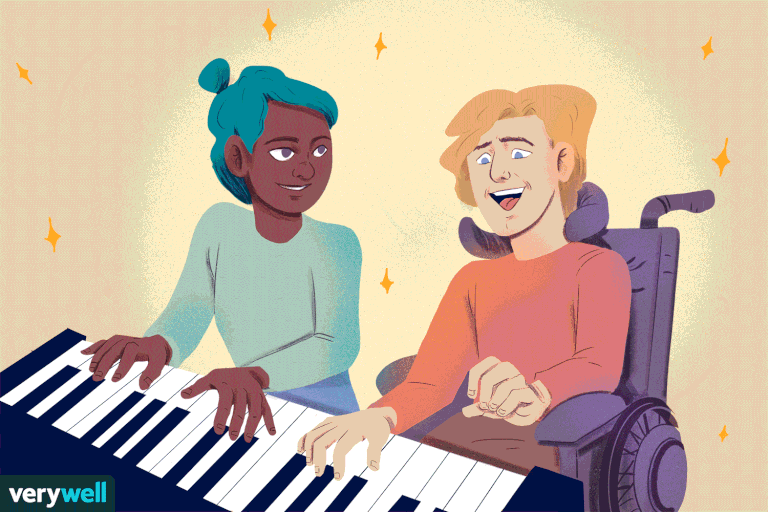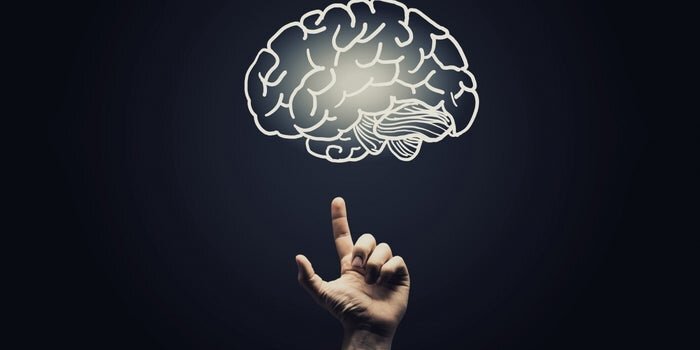
The Hidden Ways Your Language Betrays Your Character
We’re often reminded “choose your words carefully” – well it turns out the words themselves may reveal far more than what we’re actually trying to say.

Why Emotionally Intelligent People Embrace the 'Rule of Recognition'
Use emotional intelligence to help build trust, psychological safety, and a better feedback culture in your organization.

Here Is Why Grit Is So Important For Entrepreneurs
University of Pennsylvania psychologist Angela Duckworth defined grit as a “perseverance and passion for long-term goals.”

When to Trust Your Gut
To describe that vague feeling of knowing something without knowing exactly how or why, they used words like “professional judgment,” “intuition,” “gut instinct,” “inner voice,” and “hunch,” but they couldn’t describe the process much beyond that.


Traditional Diversity Training Doesn’t Work. Why Not? And What Does?
A diverse workforce is not a fleeting trend but the key to higher revenue, capturing new markets, and even more meaningful innovation.

Sympathy Versus Empathy and Why You Should Know the Difference
Leaders can create trust and connection by expressing empathy. Sympathy does the opposite. Here's how to tell the difference.

Empathy: The Key To A Diverse And Inclusive Workplace
When trying to foster a workplace that is equitable and inclusive for all, it is imperative for leaders to be well-trained in inclusive strategies.

Stereotypes: Definition And Why They Are Wrong
People have a lot to say about stereotypes. Some loudly shout that they are wrong in all situations. Others argue that the stereotype would not exist if it were not true. Beyond the moral disagreement, stereotypes do affect our society, and they can cause a lot of damage. If you have trouble understanding exactly what a stereotype is, and how it could be bad, here is what you should know.

What Is Music Therapy?
Music therapy is a therapeutic approach that uses the naturally mood-lifting properties of music to help people improve their mental health and overall well-being.

How Important Is Diversity in Thinking?
We focus on visual diversity, but is there value in thinking differently?

The 4 Things We Really Need From Leaders in a Time of Anxiety
Before the pandemic, public conversations about anxiety were relatively rare. Now, it's top of mind for all of us, and leaders need to address it.

Rewiring Your Brain to Become a Better Leader
Good news, old dogs -- new tricks can be learned. And the secret to making dramatic changes to behavior involves one of the coolest new trends in contemporary science -- neuroplasticity.

Surprise! Male and female brains are the same
“Sex differences in the brain are tiny and inconsistent, once individuals’ head size is accounted for,” says new research.

Numbers Don’t Lie: Why Microlearning is Better for Your Learners (and You too)
In the eLearning and instructional design realm, its the latest buzzword.


Your Obsession With Cognitive Biases Is Probably Making You Dumber
A little knowledge of cognitive biases can be a dangerous thing, argues one behavioral scientist.

How to Assess Your Biases When Conducting Remote Interviews
Moving all your interviews online? Here's how to check your digital biases at the door.

How Many Seconds to a First Impression?
You’ll never get a second chance to make a great first impression.” We’ve all heard that an interviewer, or a stranger at a party, will form an impression of you, your character, your personality — an impression that is nearly indelible — all within the first 60 seconds of meeting you.

What Actually Is a Thought? And How Is Information Physical?
Thoughts are physical representations or maps. They have shape and weight.

